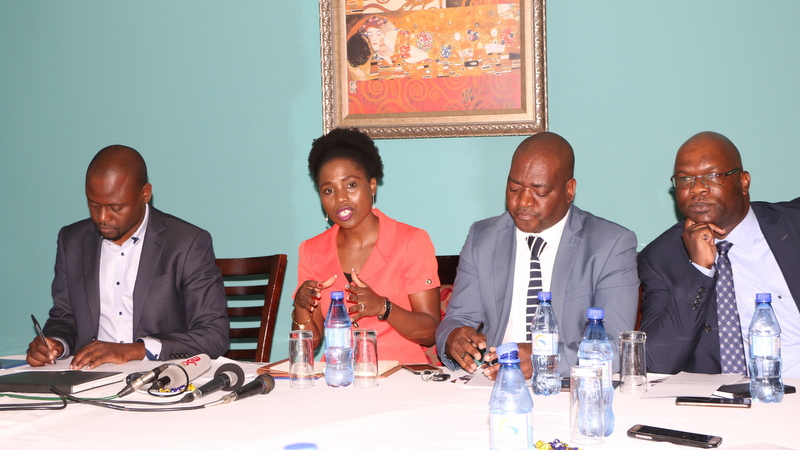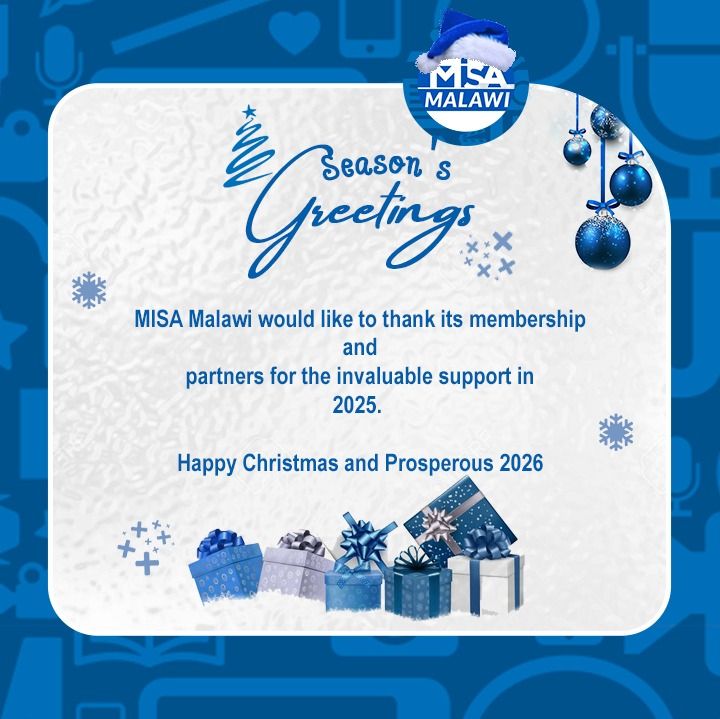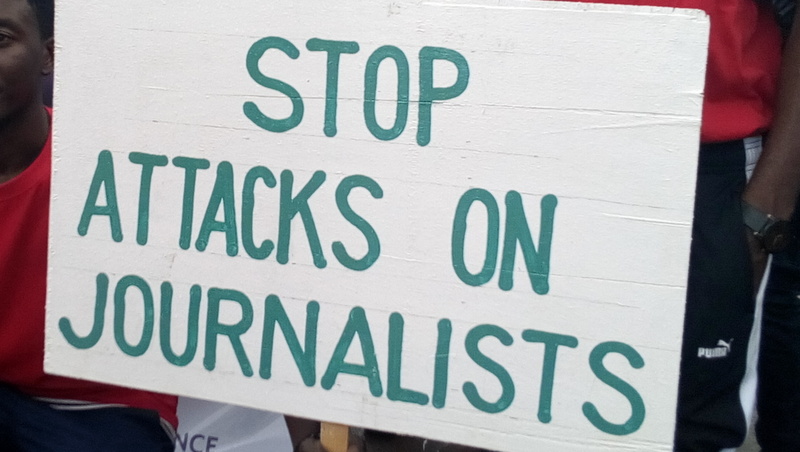We write to inform the media, donors and the general public that the country will hold Presidential Debates to give Malawians an opportunity to examine presidential candidates before the polls on May 21, 2019.
The Debates, being organised by a multi-stakeholder taskforce, will be held at the Bingu International Convention Centre (BICC) on March 29 and April 5, 2019. The Debates will be conducted in both English and Chichewa and moderated by a mature, professional and impartial Malawian.
This will be the second time that the country is holding Presidential Debates before the polls. The first ever Presidential Debates were held during the country’s first Tripartite Elections in 2014.
The 2019 Debates Taskforce Force believes that the 2019 Debates will create a platform for the candidates to openly debate and commit to addressing several policy issues which they will be made to account for once elected into office. The taskforce also believes that the Debates will promote and focus the elections on issues rather than personalities as well as facilitate or promote equal access to main stream national media.
Past election observer reports show that Malawi’s political environment during elections is characterised by personal issues, religious, and tribal identities as points for garnering support with discussion of critical issues of national importance none existent or pushed to the peripheral.
Most of these challenges appear generic and recur in every election. The 2014 Debates were an attempt to deal with these challenges and it is within the same context that the 2019 Debates are being organised. We believe that organising Debates in 2019 will provide Malawians with the opportunity to scrutinize the candidates and elect those that have the skills and competence to lead the country. The Debates will provide a platform for open participatory democracy, and a basis to openly hold those elected accountable to their campaign promises, which we believe is a necessary condition for the country’s national development.
Not every presidential candidate will participate in the Debates. The taskforce has developed criteria to guide the selection process and only candidates who meet the conditions will participate. It is important to note that, in developing the participation criteria, the taskforce has taken into consideration international and regional best practices on debates. The participating candidate will be required to meet seven (7) of the eight (8) criteria listed below:
1) The candidate/party/coalition is eligible to run as presidential candidate for the 2019 Presidential Elections by successfully completing their candidate registration with Malawi Election Commission (MEC);
2) The candidate/party/coalition has at least 5% of the 193 seats in the 2014 National Assembly of Malawi (Parliament);
3) The candidate/party/coalition has developed and publicly presented a policy platform or manifestos before the first debate and can demonstrate an active campaign across the country during the campaign period as stated by the Malawi Election Commission (MEC);
4) The candidate/party/coalition has a demonstrated and proven ability to field no less than 50 % of candidates in the member of parliament election and the ward consular election proportionally distributed across all three regions of the country;
5) The candidate/party/coalition can demonstrate a national level of presence by having organizational structures across the country that include elected positions at the National Executive Committee, Regional, District, Constituency and area levels across the country;
6) The candidate/party/coalition can demonstrate that it has actively participated in the political life of the country during the last five years;
7) The candidate/party/coalition has agreed to abide by a commitment to non-violence.
8) The candidate’s party has conducted democratic internal party elections for positions.
The 2019 Debates taskforce consists of the Media Institute of Southern Africa Malawi Chapter (MISA Malawi), Malawi Broadcasting Cooperation (MBC), Times Group, Zodiak Broadcasting Station (ZBS) and the following Civil Society Organizations: Centre for Multiparty Democracy (CMD), Democracy Works Foundation (DWF), Civil Society Agriculture Network (CISANET), Catholic Commission for Justice and Peace (CCJP) , Malawi Law Society (MLS), Public Affairs Committee (PAC), Voluntary Service Organization (VSO), National Initiative for Civic Education (NICE) Trust, and National Democratic Institute (NDI).
Teresa Ndanga
Chairperson, Taskforce on Presidential Debates
About MISA Malawi
The Media Institute of Southern Africa (MISA) Malawi chapter was founded in 1996. Its work focuses on promoting, and advocating for, the unhindered enjoyment of freedom of expression, access to information and a free, independent, diverse and pluralistic media.
Media contacts
MISA Malawi Chairperson Teresa Ndanga
Cell: +265 999 247 911 or email teresa.temweka@gmail.com
MISA Malawi National Director Aubrey Chikungwa
Cell: +265 999 327 311 or email info@misamalawi.org









